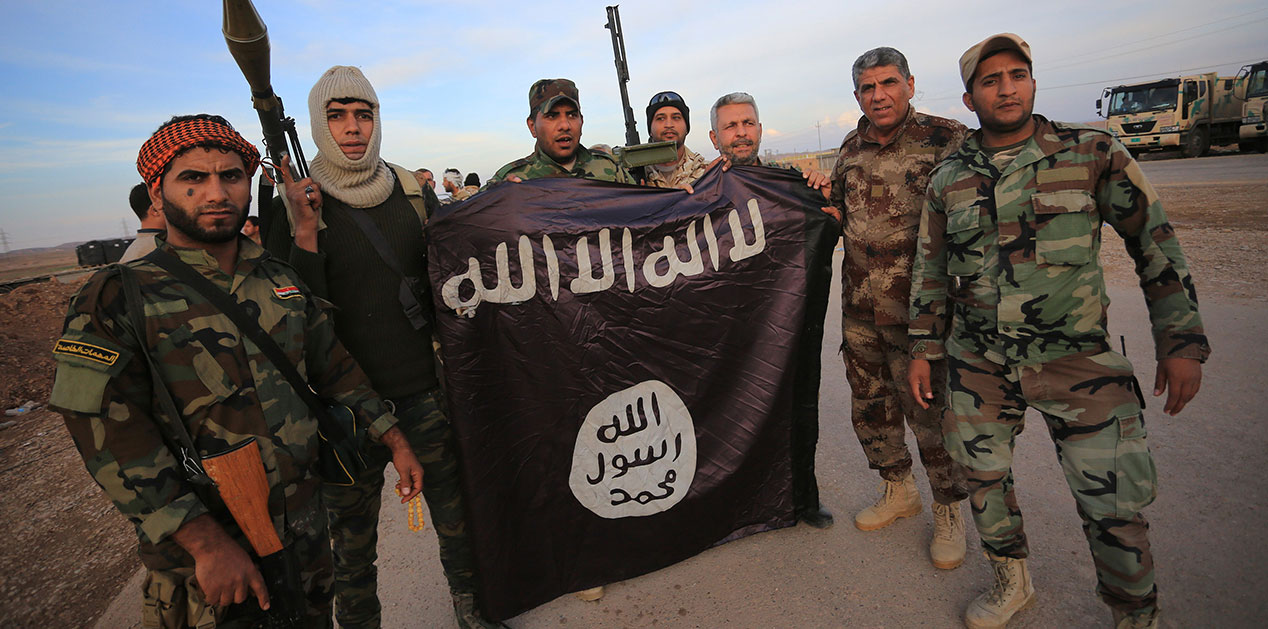Controversial film “The Kerala Story” Accused of Inspiring Hate for Muslims

Asifa: “In the north of India, Rama and Krishna are big Gods. Everyone knows the Rama-Sita story; how Rawan took his wife. So you tell me: He is a God who couldn’t even save his own wife. He [even] needed the help of those monkey Gods? And then you worship those monkeys.”
Shalini: “You mean to say 1 billion people are wrong? This is so confusing.”
Asifa: “It is confusing because you are following the wrong path.”

This is just one of many heinous conversations between a radical Muslim woman and her Hindu friends in a scene from “The Kerala Story,” a film about several Hindu women who in 2016 were forcibly converted and lured into Daesh. Released on May 8, the movie has been screening in some Toronto cinemas daily.
Going in, I had a sense of how graphically violent the film was (a Muslim man raping his pregnant Hindu wife; a group of burka-clad women being chained together and taken to a tent to be gang-raped) but what I was less prepared for was the emotionally manipulative dialogue — the repeated scenes of Muslims disparaging Hindu’s for their beliefs and customs.

It’s jarring to see this in Bollywood, which sometimes has been a powerful antidote to sectarian tensions. It was clear that the lines had been scripted carefully, with the aim of generating a certain emotional audience response, whether it was genuine to the story being told or not.
As an Indian Muslim, it felt sickening to watch the Daesh recruiter character — Asifa — psychologically deceive her friends into embracing Islam after they fall in love with two Muslim men recruited by Daesh to prey on vulnerable Hindu college students in the southern India state of Kerala. Her casual denigration of Hinduism and Christianity sharply contrasts with the Qur’an’s explicit condemnation to “not abuse those who worship besides God” (6:109), not to mention its repeated and fervent calls for the use of intellect, reason and rationality.
But there was no chance anyone who came out of that film would know that. In fact, it would be difficult to not come out of that film feeling anything but hatred for Muslims.

The political controversy within India about “The Kerala Story” perhaps explains why it has both sold out in Toronto theatres, while also prompting thousands of Canadians to sign a letter to Cineplex asking for it to be withdrawn, on the basis that it perpetuates anti-Muslim tropes, not unlike how anti-Semitic films are banned in Canada.
The main criticism against the movie is the fact it asserts itself as non-fiction. But when its first trailer claimed 32,000 women from the southern state of Kerala had been forcibly converted to Islam before joining militant groups in Syria and Yemen, Indian fact-checking site Alt News revealed the number to be false, saying there was no evidentiary basis.
According to the U.S. State Department’s Country Reports on Terrorism in 2020, 66 known Indian-origin fighters were affiliated with Daesh in that year. BBC News also quoted an Indian police official who told them that no more than 10 to 15 women had converted and left Kerala to join Daesh since 2016.

But like former U.S. President Donald Trump, Indian President Narendra Modi and his Hindu-nationalist Bharatiya Janata Party (BJP) have made alternative facts a new way of life. He has openly endorsed the film, claiming it had exposed “a new form of terrorism.” The BJP even announced tax breaks for the film in two large BJP-run states and offered free tickets in several cities.
And while some states like Tamil Nadu and West Bengal refused to screen the film, saying it had the potential to incite violence, the West Bengal ban was later overturned by India’s Supreme Court. The court asked the creators to add a disclaimer saying the film is a fictionalized account of events and there is no data to back its claims that 32,000 women were forced to convert to Islam and join Daesh.
This disclaimer can be seen in the film today — a quick black screen of text that flashes before another one which (not at all confusingly!) adds: “This film is inspired by many true stories.”
And as if that isn’t bewildering enough, an epilogue again perpetuates the false claim, through a dedication to “all the thousands” of women from Kerala who have been forcibly converted and recruited.
 The film’s release comes amidst a deepening climate of marginalization against Muslims in India, a country that is often held up as a bastion for cultural tolerance. Today, India is classified as a “genocide emergency,” according to Dr. Gregory Stanton, president of U.S. non-profit Genocide Watch, who raised the same warning ahead of the Rwanda massacres in the 1990s.
The film’s release comes amidst a deepening climate of marginalization against Muslims in India, a country that is often held up as a bastion for cultural tolerance. Today, India is classified as a “genocide emergency,” according to Dr. Gregory Stanton, president of U.S. non-profit Genocide Watch, who raised the same warning ahead of the Rwanda massacres in the 1990s.
The tensions are also playing out close to home, as was documented extensively in a report on the Nazi-inspired theological roots of the BJP party and its influence networks in Canada earlier this year. Which could explain why complimentary tickets to at least two screenings of “The Kerala Story” were being offered to people in Mississauga last month by VHP Canada, a registered charity that has a notorious historical track record in India of religious extremism and sectarianism.
Political polarization is a global illness that we know has the power to tear apart the fabric of peaceful democracies. If I could offer a single message to the people who championed this film: Please, let’s not fall prey to the extremists within our midst.
This article was originally published in the Toronto Star




